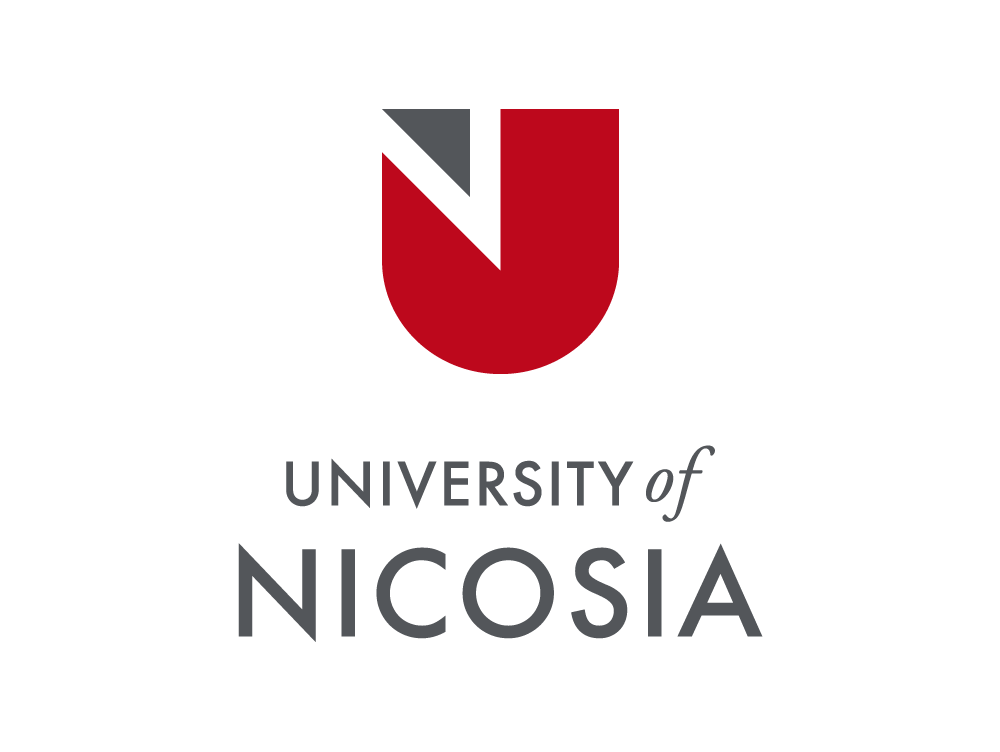Course Summary
The Doctor of Veterinary Medicine (DVM) programme is designed to offer first-class scientific and clinical training in veterinary medicine. An integrative approach has been adopted to deliver knowledge in a horizontal and vertical manner in order for the students to understand the multifaceted science underpinning veterinary practice and research. The programme enables students to understand the basic biological principles of normal body function and disease, and the ability to distinguish the pathological from the normal, to prevent disease and safely manage the processes of animal production. The primary educational goal of the DVM programme is to prepare graduates for a productive career within the veterinary medical profession, while at the same time give them a strong academic foundation to pursue a research career.
An inter-professional education (IPE) policy has been developed aiming at a multi-disciplinary, delivery scheme under the One Health concept ensuring that Veterinary students interact with students in related professional degrees. The IPE policy serves to strengthen the School’s Student-Centred Education Plan.
Assessment Method
The assessment in the five years of the DVM degree is designed to thoroughly assess the knowledge, skills and behaviours that veterinary medicine students will need to attain to allow them to practise as veterinarians. Students are assessed on Professional Values and Behaviours, Professional Knowledge and Professional Skills, Veterinarian as a Professional, Veterinarian as a Scholar and a Scientist and Veterinarian as a Practitioner. Note that not all types of assessment feature in every year of the programme. Formative assessments are given to the candidates for familiarisation with the assessment format and in order to provide them with feedback. They do not count towards student grades and student progression. Summative assessments evaluate a student’s knowledge, skill or competence and count towards student grades and progression. Students will receive feedback on their performance in assessments. Students’ progress is monitored by the Programme Director, the Head of the Department of Veterinary Medicine, the Academic Lead for Assessment and others, to ensure that poor performance is noted and support offered to students enabling them to take remedial action. Satisfactory progress includes not only good performance in the various assessments, but also a good level of attendance, participation in group work and other such activities and compliance with the regulations of the School of the Veterinary Medicine. Students making unsatisfactory progress shall be referred to the Programme Director.
How to apply
Register today to start your online application and begin the admission process!
Apply
Entry requirements
Qualification requirements
- High School Leaving Certificate with 90% overall score (18/20 overal in the Greek/Cypriot High School Leaving Certificate), to include similar grades in Chemistry and one of either Biology, Physics or Maths.
- Or: GCE A’ Levels with grades ABB, to include Chemistry and one of either Biology, Physics or Maths, and one more subject
- Or: International Baccalaureate with 32 overall and a combined score of 16 at Higher Level, to include Chemistry and at least one of either Biology, Physics or Maths.
- Candidates are reviewed holistically, so all grades will be reviewed including in Biology, Physics and Maths to ensure your knowledge and achievement in these areas meets the demands of our curriculum.
- Applicants from other education systems may be considered. For any other qualifications please contact us so we can assess your eligibility.
- Candidates who hold a Bachelor’s Degree in a field relevant to
- Veterinary Medicine can be considered for admission to the first year of the course.
Additional entry requirements
VISA INFORMATION
EU Students
EU citizens may travel freely to Cyprus but are required to submit an
Application for Issue of Residence Permit within
3 months of their date of entry into the country.
Our Student Services team will assist you with this procedure.
Non-EU Students
Non-EU students require a
visa to study in Cyprus. Our
Student Services team will
facilitate this process.
Fees and funding
Application Fees
Annual tuition is €20,000 for the 5 years of study. Living costs depend on your lifestyle. On average, staying in Nicosia for the whole year will cost a minimum of €10,000.

